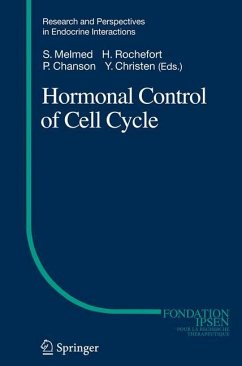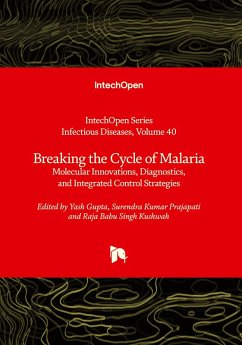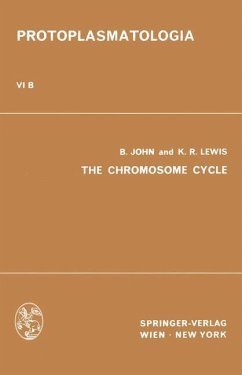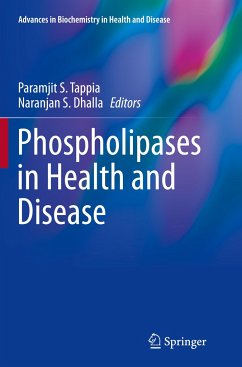
Mind Control Master: Toxoplasma's Life Cycle
Versandkostenfrei!
Versandfertig in 6-10 Tagen
26,59 €
inkl. MwSt.

PAYBACK Punkte
0 °P sammeln!
Toxoplasmosis, a widespread parasitic infection, affects up to a third of the world's population. Caused by the Toxoplasma gondii parasite, it has a unique two-stage life cycle. Cats, the definitive hosts, harbor the sexual stage, shedding infectious oocysts in their feces. These oocysts can contaminate soil and be ingested by warm-blooded animals, including humans, initiating the asexual stage. In humans, a healthy immune system keeps the parasite dormant, often with no symptoms.However, toxoplasmosis can be serious for pregnant women and those with weakened immunity. It can cause miscarriage...
Toxoplasmosis, a widespread parasitic infection, affects up to a third of the world's population. Caused by the Toxoplasma gondii parasite, it has a unique two-stage life cycle. Cats, the definitive hosts, harbor the sexual stage, shedding infectious oocysts in their feces. These oocysts can contaminate soil and be ingested by warm-blooded animals, including humans, initiating the asexual stage. In humans, a healthy immune system keeps the parasite dormant, often with no symptoms.However, toxoplasmosis can be serious for pregnant women and those with weakened immunity. It can cause miscarriage, birth defects, and eye problems. The parasite's ability to manipulate host behavior in rodents, possibly increasing their predation risk by cats, raises concerns about similar effects in humans. Understanding its global spread and complex life cycle is crucial for preventing its potentially devastating impact.














